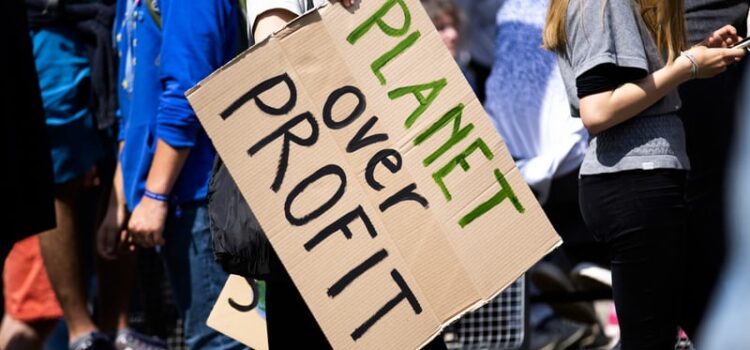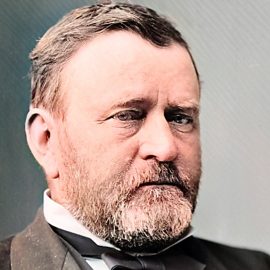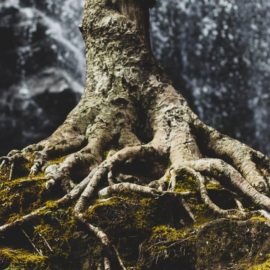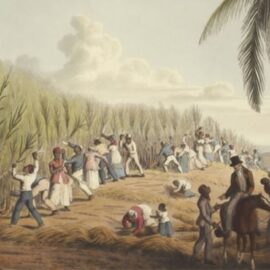

This article is an excerpt from the Shortform book guide to "A Promised Land" by Barack Obama. Shortform has the world's best summaries and analyses of books you should be reading.
Like this article? Sign up for a free trial here .
What did President Obama believe about climate change? Did this lead to any policy changes?
For President Obama, climate change was an urgent issue. Obama wanted to ensure that on a political level, the U.S. took global warming seriously and was prepared to take measures to stop it.
Read more about Obama, climate change, and his key policy plans.
Obama and Climate Change
Growing up, Barack was raised by his mother Ann to believe that humans had a responsibility to safeguard the natural environment and protect the planet that they all shared. Growing up in Hawaii, where he could freely surf the waves and explore the islands in all their natural beauty, young Barack recognized that the Earth was humanity’s birthright, belonging to no one and available to everyone.
As he launched his political career, his outlook continued to be generally pro-environment. Environmentalism, however, was not central to his politics in the way that other issues were. That would change, however, once he became president and had to deal with environmental concerns on a truly global scale.
In this chapter, we’ll examine:
- The existential threat posed by global warming
- The administration’s plans for dealing with it through tighter regulation of greenhouse gas emissions
- The effort to secure an international commitment to tackling climate change at the 2009 United Nations Climate Change Conference
The Stakes of Global Warming
The issue of global warming changed the way Obama viewed environmentalism. It was not just about protecting scenic views or saving endangered species—it was a matter of existential concern for humanity.
The alarming rise in average temperatures carried the prospect of frequent and catastrophic extreme weather events like hurricanes and droughts. The extreme weather brought about by global warming would also devastate much of the planet’s food supply; lead to mass economic, political, and social upheaval; and create a more violent and chaotic world as governments fought over increasingly scarce resources.
It was a terrifying vision of a not-too-distant future—one that Obama was determined not to leave for future generations.
The Harsh Politics of Climate Change
Despite the terrifying consequences of inaction on global warming, Obama knew that the politics of passing the major Obama climate change bill were exceedingly difficult. Global warming entails the rise in average temperatures of a degree or two over a century. Even such seemingly minor rises in temperature, however, would have catastrophic consequences for life on the planet.
But because the temperature changes are so slow, most people would never notice them, even in the course of a lifetime. Thus, global warming seemed abstract or unreal to many people. The general public was unwilling to make sacrifices now that would only benefit future generations, all in service of a problem they couldn’t see or directly experience.
Even among Democrats, there was lukewarm enthusiasm for tackling the issue. Key constituencies like labor unions were fearful of the economic impact of climate legislation, and rank-and-file Democratic voters generally unmotivated by the issue.
But things were far worse on the Republican side. The GOP was outright hostile to the very idea of climate legislation, with prominent voices within the party denying that global warming even existed. This was a mix of knee-jerk partisanship, spite toward Obama, a commitment to extreme free-market ideology (which would oppose any meaningful regulations to curb greenhouse gas emissions), and a disturbing rise of anti-intellectualism within the party that led many GOP politicians to be suspicious of science when it ran counter to their ideology.

———End of Preview———
Like what you just read? Read the rest of the world's best book summary and analysis of Barack Obama's "A Promised Land" at Shortform .
Here's what you'll find in our full A Promised Land summary :
- How Barack Obama went from relative obscurity to the first Black president
- What principles guided his political leadership style
- Why Obama retained an unshakable faith in the potential and promise of America






